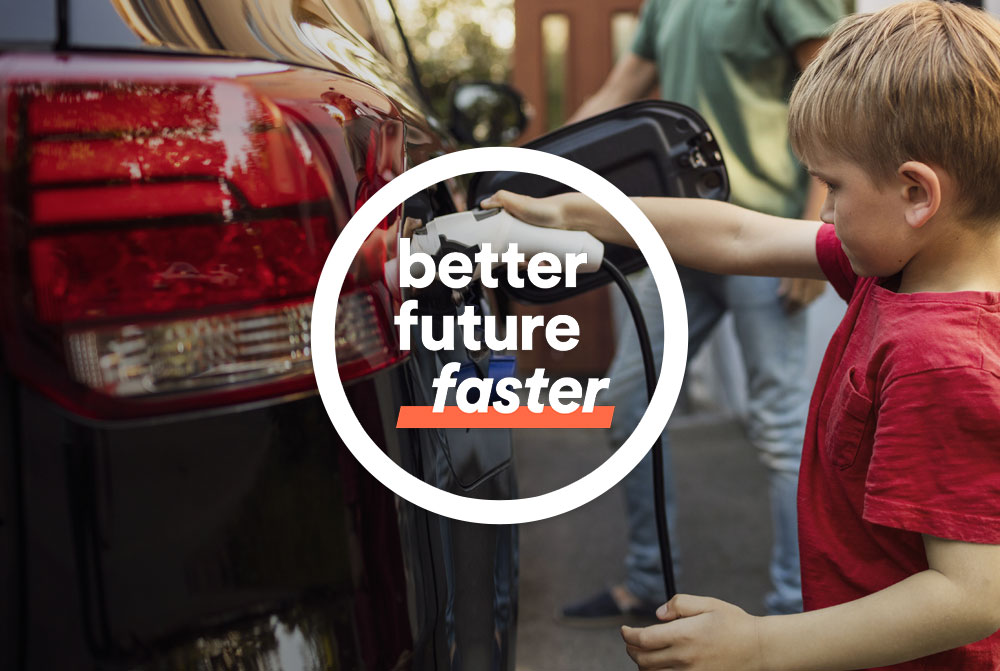Zero-Carbon Transition: Latest signals of change (17.04.2020)
We Mean Business coalition
As the world grapples with the devastating impacts of the coronavirus, our thoughts are with those affected by the illness and those struggling to carry on despite incredibly challenging conditions – particularly those at the frontline of caring for the sick and vulnerable.
At this time, it is difficult to think of anything other than getting through the coming days, weeks and months. But we also need to look forward with hope that in rebuilding from this devastating crisis we can ensure greater resilience and steer a renewed pathway to the zero-carbon future.
The hard work of shaping that future continues, but with even greater determination. Here are just some of the signals of change from the past week, demonstrating the transition to a resilient, zero-carbon future remains underway. Find out more here >
Zero-Carbon Economy
The “European Alliance for Green Recovery” saw 37 CEOs of Europe’s biggest global companies join ministers from 11 countries and MEPs (Members of the European Parliament), business associations and trade unions to call for a green recovery in Europe. South Korea is now on track to make a net-zero by 2050 commitment and end coal financing after the country’s Democratic Party won the recent election. The Climate Group’s RE100 initiative has been specifically referenced in Japan’s COVID-19 stimulus package, as a signal of growing corporate demand for renewables. Sustainability has been elevated to a top EU security priority in the wake of the coronavirus outbreak, to build resilience among supply chains. A new study finds that keeping global warming to 1.5ºC would cut the cost of climate impacts by $600 trillion and deliver cheaper low-carbon energy. The number of companies committed to science-based targets continues to rise with new joiners including Ralph Lauren and China’s O.T. Sports Manufacture Co.
Zero-Carbon Power
Oil and gas major Royal Dutch Shell has committed to be net-zero carbon by 2050 or sooner, despite the ongoing economic impacts from the coronavirus and oil price slump. UK energy services company Mitie has joined The Climate Group’s EP100 initiative with a commitment to doubling its energy productivity. India is looking to support renewable energy projects from the economic impacts of the coronavirus, as it looks to limit its dependence on coal. Germany’s solar generation had its best ever week at 23% of net electricity generation. South Australia’s state utility SA Water plans to build a new solar farm on the site of a former oil refinery. A US judge has cancelled a key permit for the Keystone XL pipeline. And scientists have set a new solar power efficiency record at nearly 50%.
Zero-Carbon Transport
A group of nine companies committed to The Climate Group’s EV100 initiative have called on the President of the European Commission, Ursula Von der Leyen, to push ahead with 2020 CO2 targets for cars, vans and trucks, despite lobbying attempts for a delay. Germany’s auto industry association VDA has called for government incentives to boost electric vehicle demand amid the coronavirus demand slump. UK water utility Severn Trent has committed to accelerate the transition to electric vehicles with EV100.
Zero-Carbon Built-Environment & Heavy Industry
US real-estate company Boston Properties and Japanese building materials firm Comany Inc. have both had their science-based targets approved.

